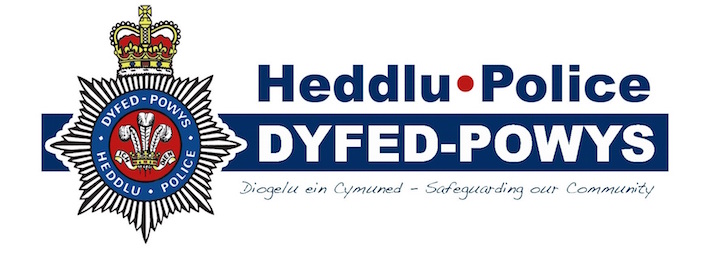Dyfed Powys Police is warning farmers to be extremely wary of any suspicious calls, texts or emails as a scam specifically targeting the agricultural sector has been identified.
During December farmers start to receive large funds through the Basic Payment Scheme (BPS), the European Union’s main rural payments scheme.
Information about the payments, including the recipients’ names and the amount paid, is publically available, meaning criminals are able to directly target victims making their approaches appear more convincing.
The scam communications will typically claim that fraud has been detected on the farmer’s bank account and that urgent action is required to safeguard funds.
The victim is then persuaded to divulge personal or financial information, or even to transfer money directly into a so-called ‘safe account’.
With some grants worth hundreds of thousands of pounds, in past years fraudsters have stolen significant amounts of money from their victims. As well as farmers, other organisations which use farm land also receive BPS funds.
Tony Blake, Senior Fraud Prevention Officer at the Dedicated Card and Payment Crime Unit, said:
“Criminals are well aware of when these annual payments start to arrive and will look for any opportunity to defraud their victims. It is vital that farmers, and other recipients of the payment, are alert to these scams and are very wary of any phone calls, texts or emails out of the blue asking for personal or financial information, or to transfer money to another account.
Detective Inspector Anthony Evans of Dyfed Powys Police said: “If you receive such a call or message, hang up the phone and do not reply directly. Instead, wait five minutes and ring your bank to alert them to the scam, using a phone number that you trust – such as the one from the official website.”
Advice on how to avoid this type of scam:
Be wary of:
• Any calls, texts or emails purporting to be from your bank, the police, a Government body or other organisation asking for personal or financial details, or for you to transfer money.
• Cold callers who suggest you hang up the phone and call them back. Fraudsters can keep your phone line open by not putting down the receiver at their end.
• Any request to check that the number showing on your telephone display matches an organisation’s registered telephone number. The display cannot be trusted, as the number showing can be altered by the caller.
Remember:
• You will never be asked for your 4 digit PIN or your online banking password, or for you to transfer money to a new account for “fraud reasons”.
• If you receive a suspicious call, hang up, wait five minutes to clear the line, or where possible use a different phone line, then call your bank or card issuer on their advertised number to report the fraud.
Never disclose your:
• Four digit card PIN to anyone, including the bank or police.
• Your password or online banking codes.
• Personal details unless you are certain you know who you are talking to. People are not always who they say they are.
Help keep news FREE for our readers
Supporting your local community newspaper/online news outlet is crucial now more than ever. If you believe in independent journalism, then consider making a valuable contribution by making a one-time or monthly donation. We operate in rural areas where providing unbiased news can be challenging. Read More About Supporting The West Wales Chronicle























